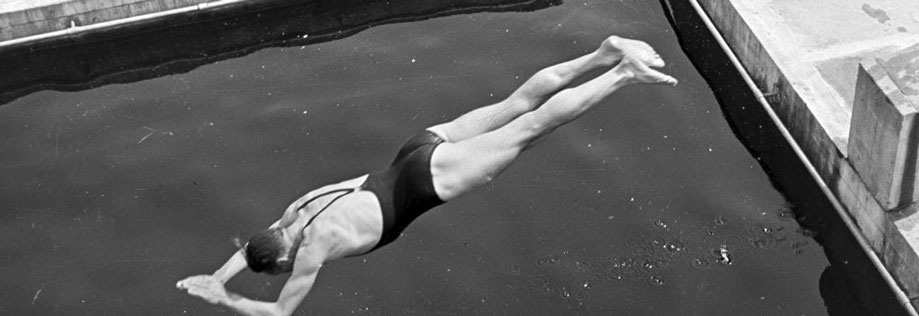TEACHING

The teaching of ethics, humanities in medicine, and history of medicine are part of the Community Dimensions of the Bachelor of Human Medicine. They continue throughout the Master's degree in human medicine, during in various clinical training courses, as well as in legal and ethical medicine courses. iEH2 members also teaches in the Faculties of Science and of the Humanities, and participate in inter-faculty teaching. Interested students can also carry out a master's thesis in their respective disciplines under the supervision of iEH2 professors. It is also possible to undertake doctoral work in bioethics, for example as part of the doctoral programme in Biomedical Sciences - Bioethics Mention, or in Human Sciences in Medicine or History of Medicine. The Institute mainly tackles three subjects: Ethics, Medical Humanities and History of Medicine. The majority of our courses are taught in French; however, some, listed below, are given in English.
Ethics
The bioethics programme offers courses adapted to a wide range of students: MDs, biologists, philosophers, neuroscientists, etc. The programme is designed to provide a broad range of courses for students of all ages and backgrounds. Our main objectives are (1) to raise students' awareness of the multiplicity of moral issues in medicine and life sciences, especially those that arise in medical practice, in contemporary society, or that are generated by scientific advances, (2) to provide conceptual tools for autonomous and reflective moral assessment and decision-making, i.e. that goes beyond mere intuitive reactions, in the face of these issues, and (3) to foster interdisciplinary reflection and openness to the contributions of different fields of scientific research on these issues.
Full list of courses
Courses taught in English
Medical Humanities
Medical Humanities offer innovative courses, using the arts and letters to respond to the multiple challenges that the evolution of our societies poses to future practitioners (the role of the doctor, the ageing population, the financing of health systems, IT technologies, etc.). Our courses solicit students' reflective and interpretative activity. Most of our courses are prepared and given by team teaching, i.e. a "humanist" with a doctorate in human sciences (literature, history of art, philosophy, history of medicine) and a clinician-researcher. This approach favours critical perspective based on a fruitful confrontation of points of view. The team teaching also enables the intellectual and methodological contributions specific to the humanities to be anchored in the concrete reality of medical practice.
Full list of courses (in French)
History of Medicine
The teaching of History of Medicine aims to account for the incessant back and forth between past and present, between advanced historical research and critical attention to the contemporary, because this discipline has the ambition to be a laboratory for reflection on man, the body, the actors, the relationships and the institutions of contemporary medicine based on knowledge of the past. Thus, in our courses, we wish to stimulate learning essentially driven by:
- knowledge, achievements and discourses in medicine (but not only, of course) are the product of a specific and delimited context of action and thought;
- knowledge, from the past like that of today, is necessarily transitory and mutable (relativism).
- A critical mind is mandatory in order to detect and identify the multiple stakes, divergent interests, constraints and strategies involved, in short the complexity immanent to all medical phenomena when it comes to understanding and interpreting them also in their social, cultural and political dimensions.
